Is the pound really turning into an emerging-market currency?
Some analysts have suggested that sterling's volatility makes the pound "more like the Mexican peso than the US dollar". John Stepek asks whether this is true, and explains why it matters for your portfolio.

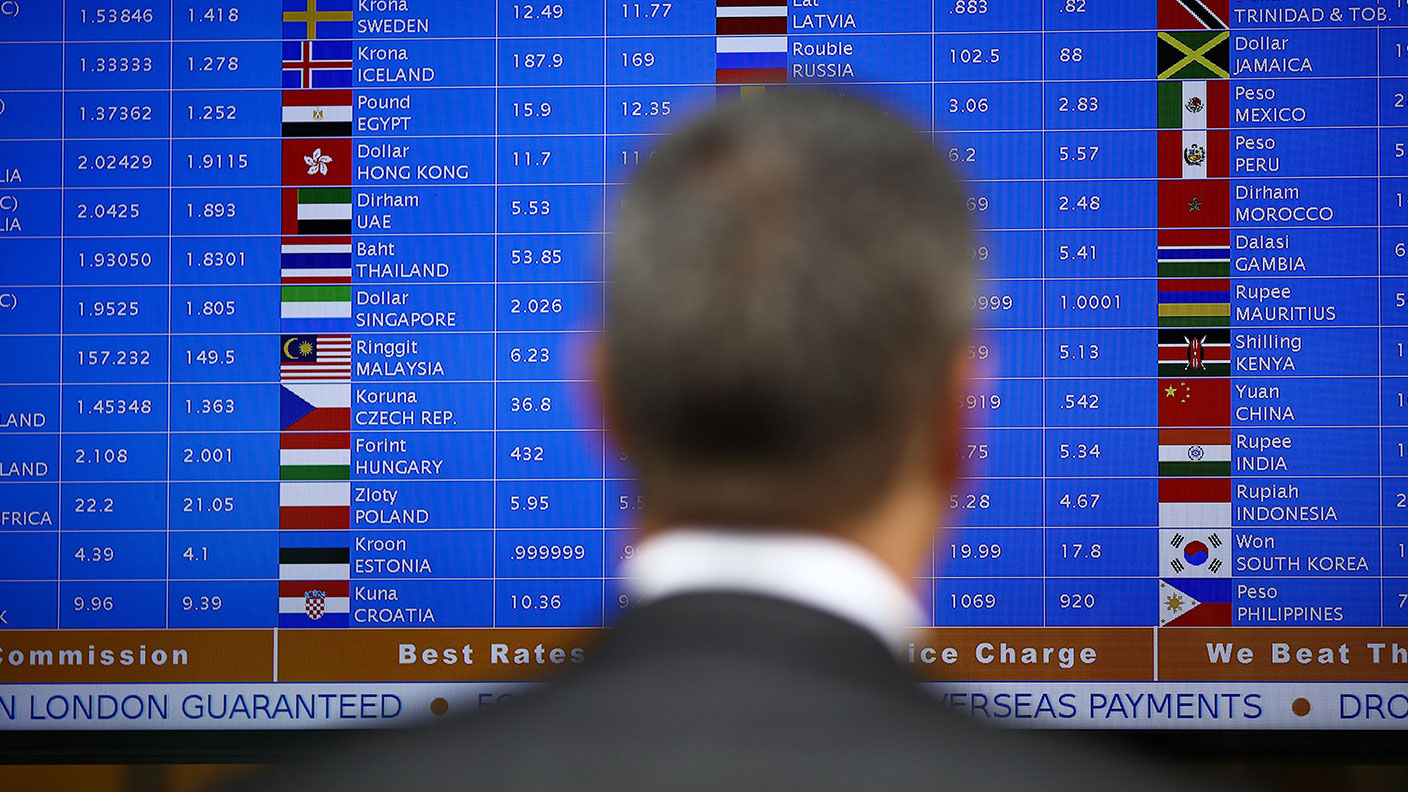
Get the latest financial news, insights and expert analysis from our award-winning MoneyWeek team, to help you understand what really matters when it comes to your finances.
You are now subscribed
Your newsletter sign-up was successful
Want to add more newsletters?

Twice daily
MoneyWeek
Get the latest financial news, insights and expert analysis from our award-winning MoneyWeek team, to help you understand what really matters when it comes to your finances.

Four times a week
Look After My Bills
Sign up to our free money-saving newsletter, filled with the latest news and expert advice to help you find the best tips and deals for managing your bills. Start saving today!
The pound is more like the Mexican peso than the US dollar. Its movements, since the Brexit vote, have become “neurotic at best, unfathomable at worst.” In short, sterling is more like an emerging market currency, than one of the world’s most widely-traded forms of fiat money.
That’s the conclusion of one Bank of America analyst, and one which has drawn a fair few headlines. So is it fair?
Stating the obvious on sterling
Kamal Sharma, an analyst at Bank of America, marked the fourth anniversary of the Brexit vote by pointing out that since then, the pound has traded more like an emerging market currency than a “core G10” one.
MoneyWeek
Subscribe to MoneyWeek today and get your first six magazine issues absolutely FREE

Sign up to Money Morning
Don't miss the latest investment and personal finances news, market analysis, plus money-saving tips with our free twice-daily newsletter
Don't miss the latest investment and personal finances news, market analysis, plus money-saving tips with our free twice-daily newsletter
Put simply, he’s right. It has – it has been extraordinarily volatile. That, however, is just stating the obvious. And that sums up the substance of the story here.
It’s useful to remember that analysts do like to grab attention. And it's always easy to find downsides with the pound, because frankly, the UK is highly indebted, somewhat inflation-prone, and often teetering on the brink of political drama.
For example, in 2010, Bill Gross – who was at the time, the world’s most important bond-fund manager – described UK gilts as resting “on a bed of nitroglycerine” amid the fallout from the financial crisis, due to our high debts, massive banking sector, and the risk we would devalue the pound.
In this case, the pound has been up and down like a yo-yo since the Brexit vote. And if you think that Brexit is going to go terribly badly, then it might go down more. That’s a hugely popular argument with people who are desperate to believe it, and hugely unpopular with people who are desperate to prove it wrong.
To anyone with a more dispassionate view, it’s a reasonable scenario, but then, you can tell gloomy stories about most major currencies. The euro waxes and wanes, driven by break-up risk. The US dollar is strong right now, but the “death of the dollar” narrative is never far away (I’ve written about it myself).
And while the Japanese yen is viewed as a “safe haven” currency, Japan also has such massive public debts that some pundits have described its cash as a “bug in search of a windshield” (as you might have guessed from the language, said pundits are usually American).
So Britain has lots of debt and political risk, but in reality, it’s not that different to anywhere else, particularly right now.
Fundamentals matter, but they don’t tell you much about the short run
In fact, in all, relative to history and to most economic measures, the pound is cheap. Does that mean it’ll bounce back?
Not at all. As with everything else in markets, fundamentals only matter eventually, and the long term can go on for much much longer than anyone expects. And the pound has been cheap on these ”fundamental” measures pretty much since the aftermath of the Brexit vote in 2016.
That indicates what the real issue is right now – it's that investors are reluctant to take a view while Britain’s trade relationships remain up for grabs. On that front, in the near future, we can expect a lot of “will they, won’t they?” moments, and lots of headlines that swing from “no compromise!” to “summit breakthrough!” with each being taken as the new gospel, as if the cycles of the last four years had never happened.
However, I would note that we are probably close to getting some clarity – either way – on Britain’s future relationship with the European Union (we’re certainly closer than we were at this time last year). As and when that visibility improves, I’d expect markets to feel more comfortable taking a view on sterling.
Also, given that politics is difficult to analyse – even the locals rarely understand entirely what’s going on in any given country, and it’s very clear that international takes are often just plain wrong – I suspect that the wider market is overly negative towards the pound and the UK right now.
So once the pound and the UK are viewed as “investable” again, I’d expect the pound to strengthen. That doesn’t mean it’ll rocket by any means. But in the longer run – ie, beyond the end of 2020 – I’d expect the risks to lie more to the upside than the downside.
Why this matters for your portfolio
Normally I would say that long-term investors shouldn’t bother too much about currency risk. However, I feel that this is a bit of an exception.
It’s easy to make the mistake of viewing a nation’s currency as some sort of national virility symbol: to cheer patriotically when it goes up, and to see it as some sort of evidence of national decline when it goes down.
On an abstract, big-picture, “cycle of empires” level, you can look at it like this and yes, it's all quite fun and interesting. The pound has indeed been on a long downward trend since roughly the turn of the 19th century, as the US has taken over from the UK as the dominant global power and thus the reserve currency of choice.
But that doesn’t mean that a falling pound is bad. It just reflects geopolitical reality. Arguably, one of the biggest economic mistakes we made last century was in trying to keep the pound artificially strong just after World War I ended.
More importantly, in terms of your own investments, a rising pound could well be a bad thing. Why? Well, if you had a significant chunk of your money outside the UK in mid-2016, then frankly, you’d have been laughing. Regardless of whether you owned emerging markets (not so great) or US stocks (extremely good performers), you’d have seen the value of your holdings rocket in sterling terms. So being invested outside the UK has worked nicely.
But clearly, this can work in reverse. And when you’ve already made such significant gains purely as a result of a specific, atypical currency movement, the idea of losing them to further currency movements becomes a lot less easy to simply shrug off as being part of the swings and roundabouts of the foreign exchange markets. It would be nice to at least be able to lock some in.
I don’t have any big insight as to where the pound is going – it could of course go down even further. But on this occasion, I do think it’s worth you taking a look at your overall currency exposure in your portfolio, and considering what would happen if sterling did strengthen significantly over the course of a few years.
My colleague Cris Sholto Heaton has more in the latest issue of MoneyWeek magazine – out tomorrow – on how to tackle this thorny question. Subscribe now to get your first six issues free.
Get the latest financial news, insights and expert analysis from our award-winning MoneyWeek team, to help you understand what really matters when it comes to your finances.

-
 Pension Credit: should the mixed-age couples rule be scrapped?
Pension Credit: should the mixed-age couples rule be scrapped?The mixed-age couples rule was introduced in May 2019 to reserve pension credit for older households but a charity warns it is unfair
-
 Average income tax by area: The parts of the UK paying the most tax mapped
Average income tax by area: The parts of the UK paying the most tax mappedThe UK’s total income tax bill was £240.7 billion 2022/23, but the tax burden is not spread equally around the country. We look at the towns and boroughs that have the highest average income tax bill.
-
 What's behind the big shift in Japanese government bonds?
What's behind the big shift in Japanese government bonds?Rising long-term Japanese government bond yields point to growing nervousness about the future – and not just inflation
-
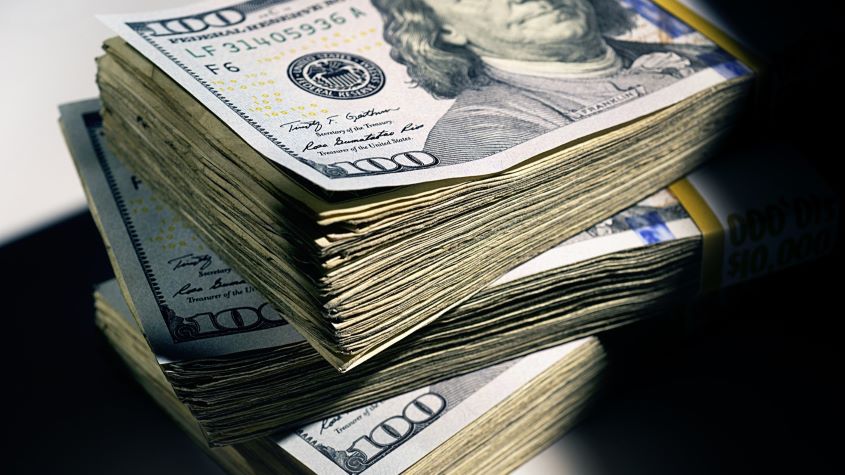 Why you should keep an eye on the US dollar, the most important price in the world
Why you should keep an eye on the US dollar, the most important price in the worldAdvice The US dollar is the most important asset in the world, dictating the prices of vital commodities. Where it goes next will determine the outlook for the global economy says Dominic Frisby.
-
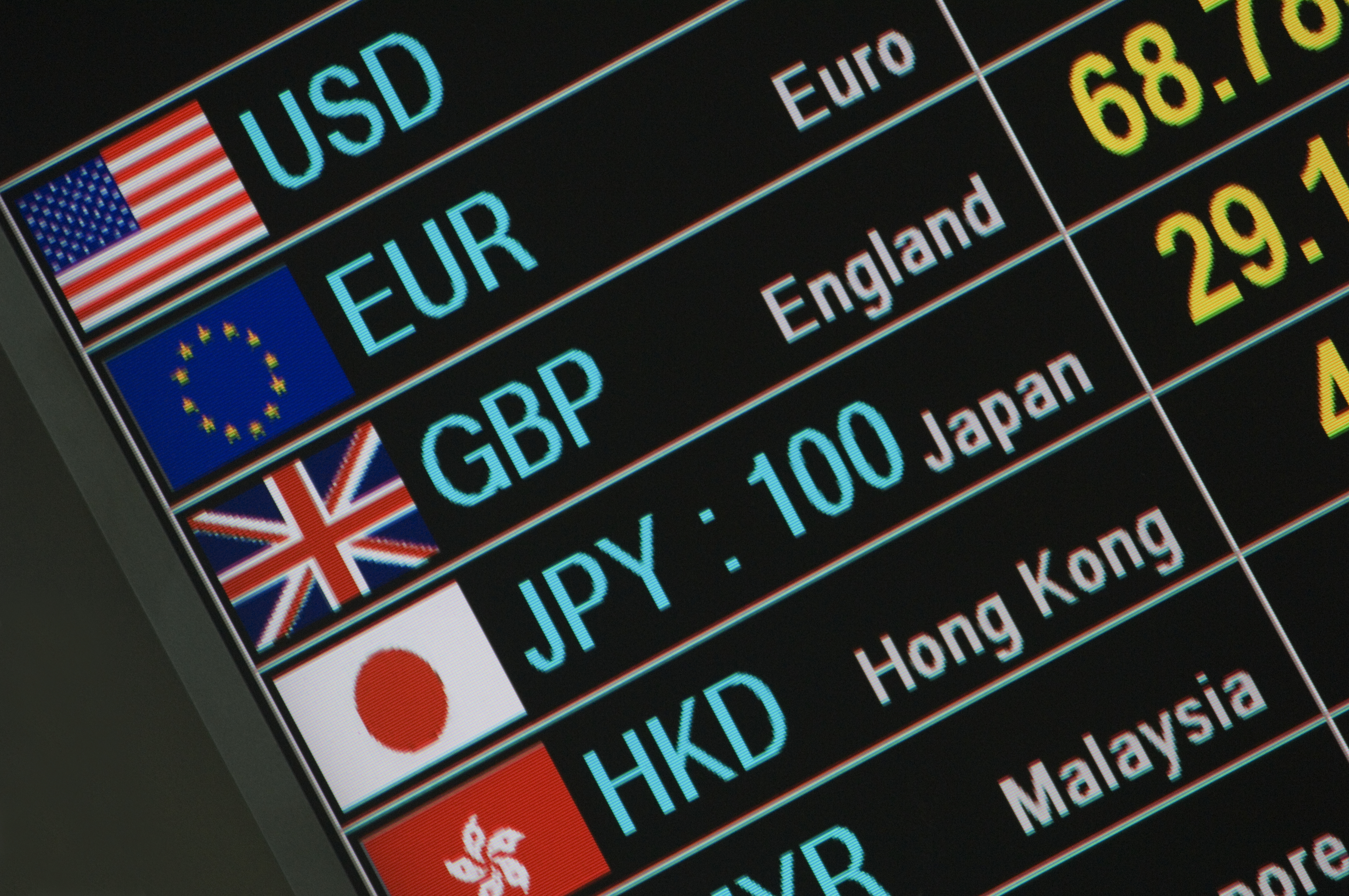 What is FX trading?
What is FX trading?What is FX trading and can you make money from it? We explain how foreign exchange trading works and the risks
-
 The Burberry share price looks like a good bet
The Burberry share price looks like a good betTips The Burberry share price could be on the verge of a major upswing as the firm’s profits return to growth.
-
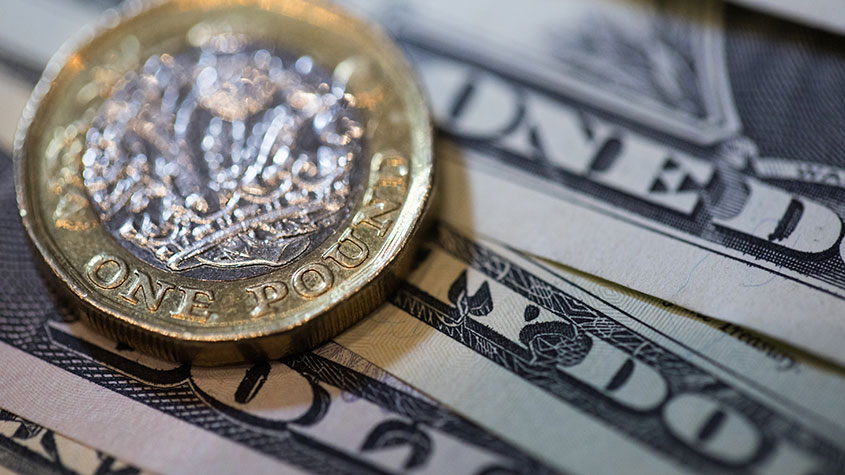 Sterling accelerates its recovery after chancellor’s U-turn on taxes
Sterling accelerates its recovery after chancellor’s U-turn on taxesNews The pound has recovered after Kwasi Kwarteng U-turned on abolishing the top rate of income tax. Saloni Sardana explains what's going on..
-
 Why you should short this satellite broadband company
Why you should short this satellite broadband companyTips With an ill-considered business plan, satellite broadband company AST SpaceMobile is doomed to failure, says Matthew Partridge. Here's how to short the stock.
-
 It’s time to sell this stock
It’s time to sell this stockTips Digital Realty’s data-storage business model is moribund, consumed by the rise of cloud computing. Here's how you could short the shares, says Matthew Partridge.
-
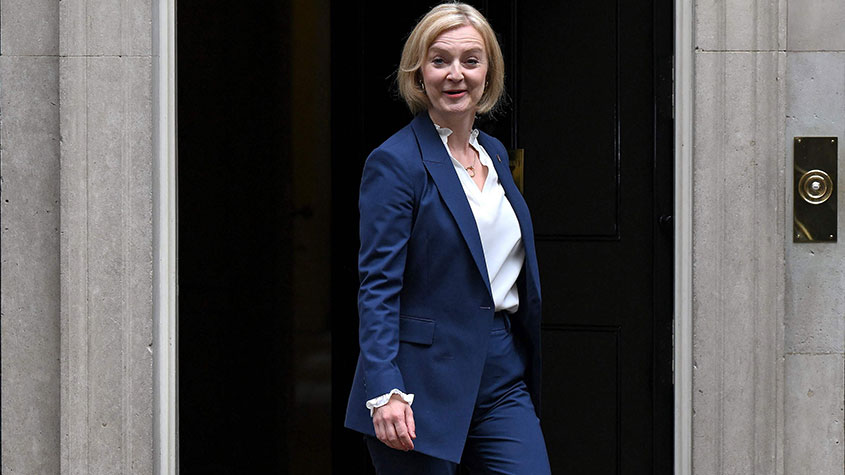 Will Liz Truss as PM mark a turning point for the pound?
Will Liz Truss as PM mark a turning point for the pound?Analysis The pound is at its lowest since 1985. But a new government often markets a turning point, says Dominic Frisby. Here, he looks at where sterling might go from here.